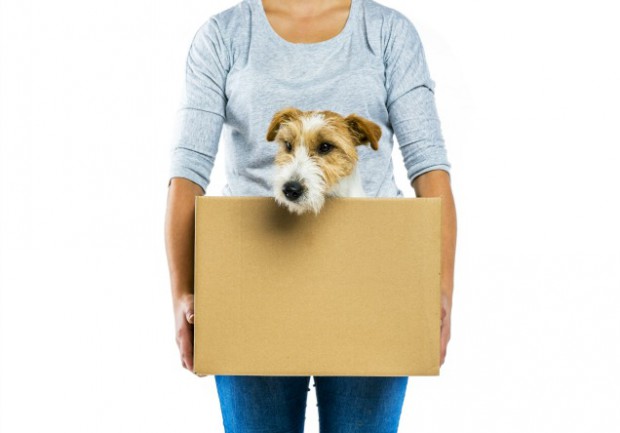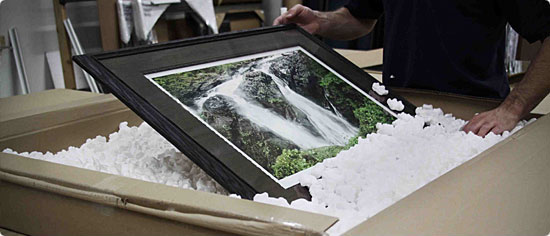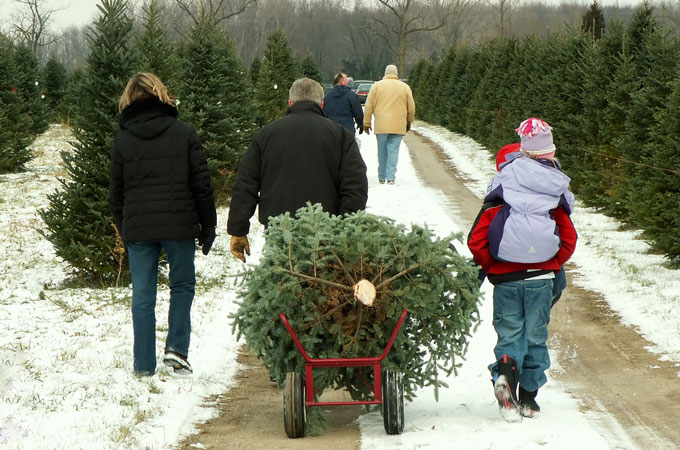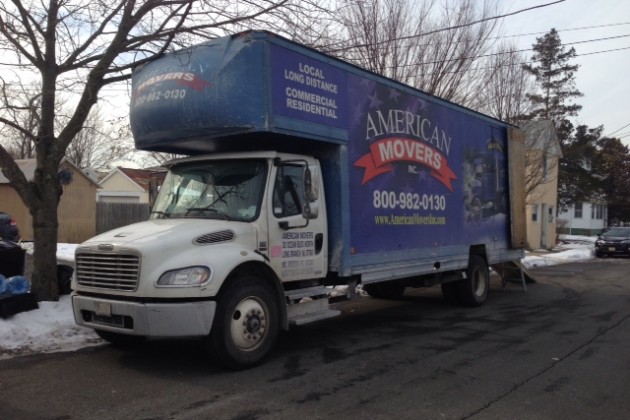Tips for Moving With Pets
Moving is stressful for homeowners: there’s packing to be done, trucks to be loaded, and a new routine to adjust to. But the moving process can be equally — if not even moreso–stressful for pets. Whether you have a dog who has only ever lived in one place, or an entire aquarium full of fish that needs to be relocated, moving with pets requires special, careful consideration. Here are a few of our top tips.
Get your pet used to the car or crate. If your move will require your pet to spend a prolonged amount of time in the car or on an airplane, it’s a wise idea to get your pet used to traveling before moving day. Have your pet spend the night in their airline crate, for example, or take them in the car more regularly for a few weeks to help them get used to the ride. This will also give you advanced warning if your pet is prone to motion sickness from the car.
Check in with your airline. If your pet will be flying to your new home, be sure to check your airline’s specific instructions for animal travel. Most airlines require your animal to have a recent certificate of health from the vet, and a hard sided, well-ventilated crate free of everything except small food and water bowls.
Keep their essentials handy. Just like you would for yourself or your child, you will want to keep your pet’s essentials with you during the move instead of packing them in the moving truck. This includes things like food and food bowls, medications, and a few favorite toys.
Keep your pet away from the moving day chaos. Moving day is hectic. There will be people, boxes, and furniture moving in and out of your home, which can cause you pet to feel stressed or upset. To minimize this (as well as to keep your pet from accidentally getting in the way of movers) arrange for your pet to spend a few hours at the park with a friend or family member, or a the very least, keep your pet in his or her crate in an enclosed room.
Check out your new home from your pet’s point of view. No, you don’t need to get down on all fours. But, it’s a good idea to give your new house a once over while thinking about your pet. Before you let them have the run of the new place, check for any potential hazards. According to The Humane Society, Cedar closets can emit fumes that can be poisonous to small gerbils and hamsters, while cocoa mulch can make dogs sick. It’s also a good idea to ask the previous homeowner about any lawn or garden chemicals used that also could be harmful, or any rodent traps or poison that might still be lingering around the house.











